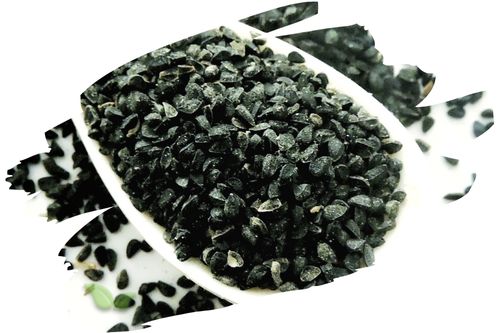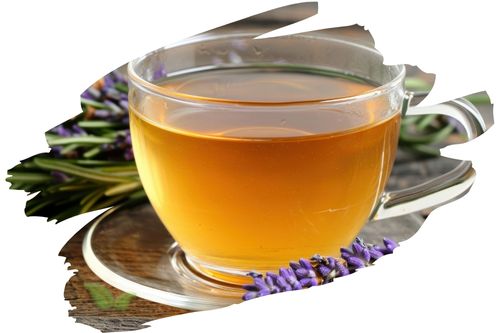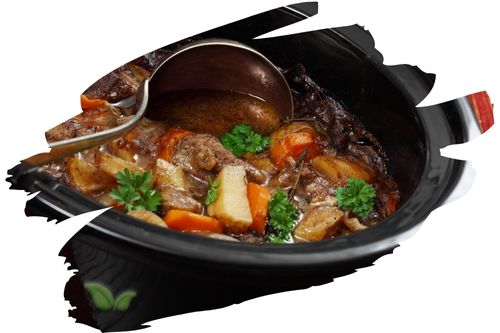
Introduction
In the world of herbal remedies and natural supplements, Ashwagandha and Rhodiola are two adaptogens that have been gaining popularity for their potential health benefits. These botanical powerhouses are known for their ability to help the body adapt to stress and promote overall well-being. But when it comes to Ashwagandha vs. Rhodiola, which adaptogen is the right choice for you? Let's dive into the details and find out.
Ashwagandha vs. Rhodiola: A Comparative Analysis
Ashwagandha: The Ancient Healer
Ashwagandha, also known as Withania somnifera, has a rich history in traditional Ayurvedic medicine. It is revered for its rejuvenating properties and is often referred to as the "Indian Ginseng." This adaptogen is primarily grown in India and has a range of potential benefits.
1. Origin and Growth: Ashwagandha is native to the Indian subcontinent and thrives in dry regions.
2. Physical Benefits: Ashwagandha is believed to boost immunity, improve vitality, and support muscle strength.
3. Mental Well-being: This adaptogen may help reduce stress and anxiety, enhance cognitive function, and promote better sleep.
Rhodiola: Nature's Energizer
Rhodiola, scientifically known as Rhodiola rosea, hails from the cold regions of Europe and Asia. It's often called the "Golden Root" due to its golden-yellow flowers. Rhodiola has gained recognition for its energy-boosting and mood-enhancing properties.
4. Geographical Habitat: Rhodiola thrives in high-altitude, mountainous areas of Europe and Asia.
5. Energy and Stamina: Rhodiola is believed to increase endurance, combat fatigue, and improve physical performance.
6. Stress Reduction: This adaptogen may help the body cope with stress, reduce symptoms of depression, and enhance mood.
Choosing the Right Adaptogen for You
Now that we've explored the individual characteristics of Ashwagandha and Rhodiola, let's discuss how to determine which one is the better fit for your needs.
Factors to Consider
7. Health Goals: Identify your specific health goals. Are you looking to reduce stress, boost energy, or improve overall well-being?
8. Current Health Status: Consider your current health condition. Are you dealing with chronic stress, fatigue, or mental health concerns?
9. Consult a Professional: It's always advisable to consult a healthcare practitioner or herbalist before adding any supplement to your routine, especially if you have underlying medical conditions or are taking medications.
Ashwagandha vs. Rhodiola: Which One Should You Choose?
10. Stress Relief: If you're primarily seeking stress relief and mental well-being, Ashwagandha may be the better option for you.
11. Energy and Endurance: On the other hand, if you need an energy boost and increased physical endurance, Rhodiola might be the adaptogen of choice.
12. Combination Approach: Some individuals find that using both Ashwagandha and Rhodiola in different situations yields the best results. It's worth experimenting to discover your unique blend.
FAQ
Are There Any Side Effects Associated with Ashwagandha or Rhodiola?
Both Ashwagandha and Rhodiola are generally considered safe when used as directed. However, some individuals may experience mild side effects such as digestive discomfort or headaches. It's essential to follow recommended dosages.
Can I Take Ashwagandha and Rhodiola Together?
Yes, in many cases, combining Ashwagandha and Rhodiola can provide a well-rounded adaptogenic effect. However, consult with a healthcare professional for personalized advice.
How Long Does It Take to See Results?
The time it takes to experience the benefits of Ashwagandha or Rhodiola can vary from person to person. Some may notice improvements in a few weeks, while others might take longer.
Are These Adaptogens Safe for Pregnant or Nursing Women?
Pregnant or nursing women should exercise caution and consult with a healthcare provider before using Ashwagandha or Rhodiola.
Can Children Take Ashwagandha or Rhodiola?
These adaptogens are generally intended for adult use. It's crucial to keep them out of reach of children.
Where Can I Purchase Ashwagandha and Rhodiola Supplements?
You can find Ashwagandha and Rhodiola supplements at health food stores, pharmacies, and online retailers. Ensure you buy from reputable sources.
Conclusion
In the Ashwagandha vs. Rhodiola showdown, there's no one-size-fits-all answer. The right adaptogen for you depends on your unique health goals and circumstances. Both Ashwagandha and Rhodiola offer incredible potential benefits, but it's essential to make an informed choice. Consult with a healthcare professional, consider your needs, and embark on your journey towards better well-being.
Alert: While spices can have many beneficial properties for health, using them for medical purposes should be done under the guidance and supervision of a healthcare professional or specialist. Some spices may interact with medications or cause adverse reactions in certain individuals, and it is important to use them safely and appropriately. If you are considering using spices for a medical condition, it is important to consult with a healthcare professional before doing so.




















































